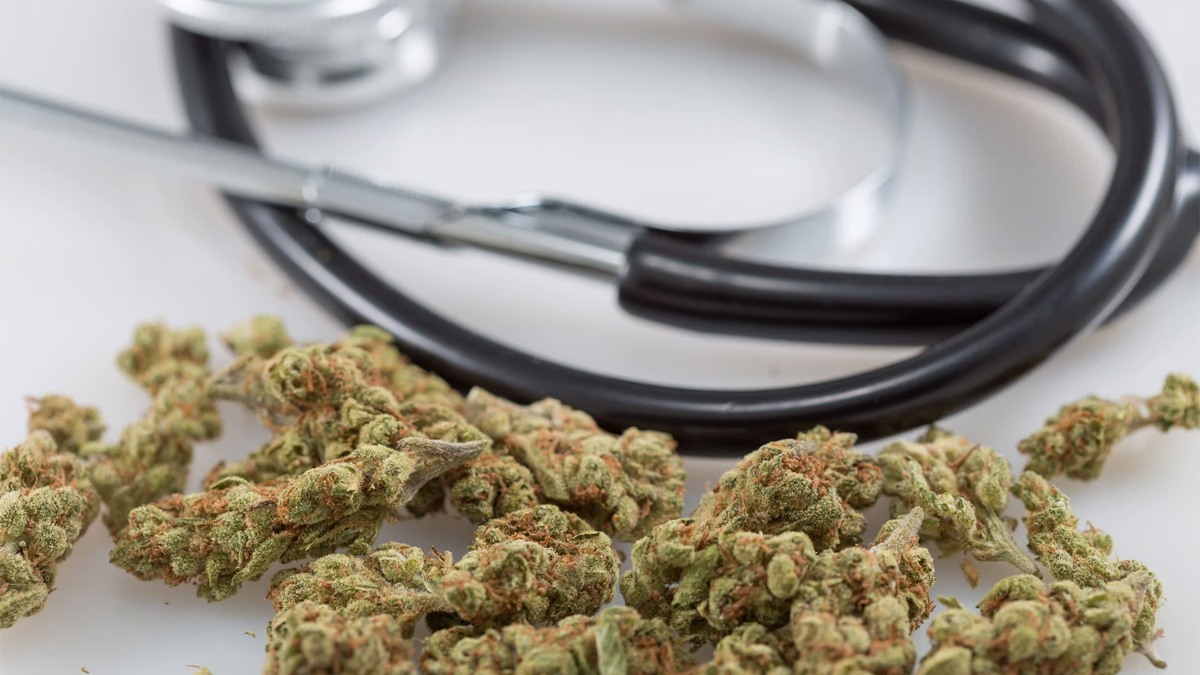Illinois’ booming adult-use cannabis market sold over $1.5 billion worth of legal weed in the past fiscal year, bringing the state nearly $450 million in additional tax revenue.
This princely sum marks a 50% increase over the $1 billion that adult-use shops sold during the prior fiscal year, according to a new report from the state Department of Revenue (DOR). And as sales have grown, the state’s cut of tax revenue has grown equally. During the 2021 fiscal year, the state collected $297.7 million in pot taxes, more than it made from alcohol sales. This fiscal year’s total tax haul grew by 50% as well, topping out at $445.3 million.
“Illinois has done more to put justice and equity at the forefront of this industry than any other state in the nation and has worked to ensure that communities hurt by the war on drugs have had the opportunity to participate,” said Gov. JB Pritzker in a statement. “The $1.5 billion in sales of adult-use cannabis in Illinois translates into significant tax revenue with a portion of every dollar spent being reinvested in communities that have suffered for decades.”
Most adult-use states reinvest cannabis tax revenue into local schools, transportation funds, and some even give the cash to cops. Illinois lawmakers chose to ensure that some of this extra income would go to communities who needed it most, though. State law requires that a quarter of all pot tax revenue go to support neighborhoods that have high rates of violence, are economically distressed, or have been disproportionately impacted by the War on Drugs.
To date, the state has awarded $113.5 million in cannabis tax revenue to the Illinois Criminal Justice Information Authority’s Restore, Reinvest, and Renew (R3) Program. This program, which was created by the state adult-use law, funds organizations that work to reduce gun violence, improve reentry and diversion services from the criminal justice system, offer civil legal aid, and support community health and youth development. The state is also using weed taxes to fund expungement programs that help former cannabis offenders clear their criminal records for good.
“We knew that yearly revenue from cannabis sales could be a game changer for communities harmed most by the war on drugs in need of repair and now it’s clear,” said State Rep. Sonya Harper (D). “With this 50% increase in total tax reported from adult use cannabis, I’m hopeful that investments can be seen and felt by residents who live in these communities immediately and going forward. The true success of our state’s cannabis industry depends not only on diversifying the marketplace and clearing criminal records, but also making sure that we invest the tax revenue strategically and purposely to those in need of the most repair from the failed war on drugs.”
A good chunk of this tax revenue is also being disbursed to town, city, and county governments. The DOR sent $146.2 million in pot taxes to local municipalities this fiscal year, a 75% increase over last year’s $82.8 million. Local governments are free to do what they want with this extra cash, and many are using it to fund essential services. But Evanston has chosen to use some of this revenue to fund a progressive reparations program, following the state’s overall plan to reinvest weed money into the communities most heavily ravaged by prohibition.
“These much-needed resources for communities impacted by the drug war are the exact reason why policy makers who understand the pain and trauma being experienced by community is vital,” said State Rep. Jehan Gordon-Booth (D) in a press release. “This isn’t just happening. These directed resources were the result of intentional policy decisions to begin repairing harm. But this is just the beginning. I am eager to see newly licensed Black businesses get a slice of the pie.”
Cover image via
Chris Moore via (https://merryjane.com/news/illinois-sold-over-dollar15-billion-worth-of-legal-weed-in-2021-up-50-from-previous-year)
Keep out of reach of children. For use only by adults 21 years of age and older.










